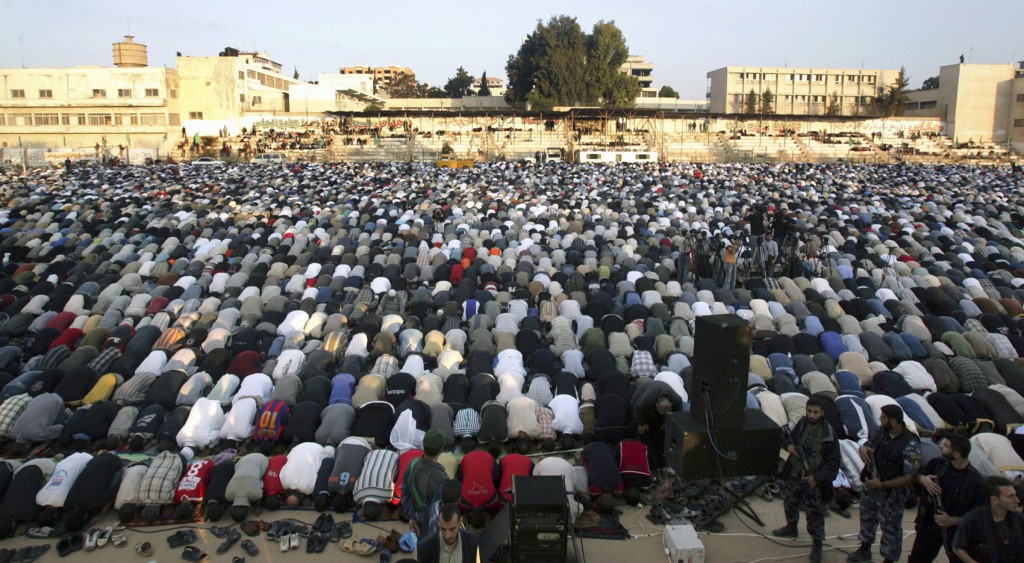
A Sydney-based expert on Roman Catholic ritual and belief said he could understand the admiration Tony Abbott expressed at the discipline of Muslim Australians earlier this month.
Mr Abbott, a practising Catholic, attended an iftar in the Western Sydney suburb of Lidcombe on August 5 – a meal to celebrate the end of the day’s fast during Ramadan, the Muslim month of fasting.
“I pay tribute to your zeal – a zeal I have to say is, these days, rarely emulated amongst members of my own tradition, but I salute you for your dedication, for your faith and for your love of God,” Mr Abbott told the gathering.
In an interview with the ABC the following day, he said he “felt both admiration and a touch of envy” at the event.
“Once upon a time, Christians did it during Lent. That’s a practice that’s rapidly disappearing if it hasn’t disappeared altogether.”
In a conversation with The Record, Fr John Flader, a priest of the personal prelature of Opus Dei, said he wondered how many Catholics were aware of their own tradition’s teaching on fasting and its positive purpose as a spiritual practice.
Fr Flader said Christian acts of penance had their origin in the words of Jesus: “If any man would come after me, let him deny himself and take up his cross and follow me” (Matthew 16:24).
Fasting from food by eating only one full meal per day, and abstaining from meat, are traditional ways Catholics have made personal sacrifice in reparation for sin.
“People of faith are not afraid to take up the cross. Every Friday is a day of penance and I just wonder how many Catholics today are aware of that and do something practical and positive every Friday,” Fr Flader said.
Roman Catholics “had it easy” relative to Eastern Catholics and Orthodox Christians, as well as Jews and Muslims.
The Church requires Catholics to both abstain from meat and to fast from food on two days of the year (Ash Wednesday and Good Friday).
Canon law designates days in the season of Lent as days of penance, excepting Sabbath days (Sundays).
It also designates Fridays as days of penance – of fasting from meat “or some other food as determined by the Episcopal conference” – unless the day happens to coincide with a solemnity or feast day.
As in most Anglophone countries, the Australian Conference of Catholic Bishops exempt Catholics in Australia from being required to abstain from meat on Fridays, encouraging them to simply give up something, whether food or otherwise.
“When I was growing up what we did on Ash Wednesday and Good Friday we did every day of Lent and it was very healthy,” Fr Flader said.
“You lost weight a little bit. You felt hungry. You were living in union with Our Lord on the cross and in his own fasting and that is spiritually beneficial.”
Fr Flader said the practice of penance stood in stark contrast to the consumerism of our own age and reflected the Judeo-Christian view of creation as a gratuitous gift from God and not simply a collection of goods to be used and exploited.
“It manifests reverence for God by giving back to him in sacrifice part of the creation he has given us. We deny ourselves in reverence for him and gratitude for his bounty.
“All these things help us to identify as Catholics and also to identify with our Lord’s suffering on Friday that we do something that is tangible, something that is generous that demands a sacrifice.
“We need it to make up for our sins and we can offer it up for some intentions – someone who is very sick, a marriage that can get back together, whatever it is. It has great value as the prayer of the senses when we’ve offered up something for another intention.”